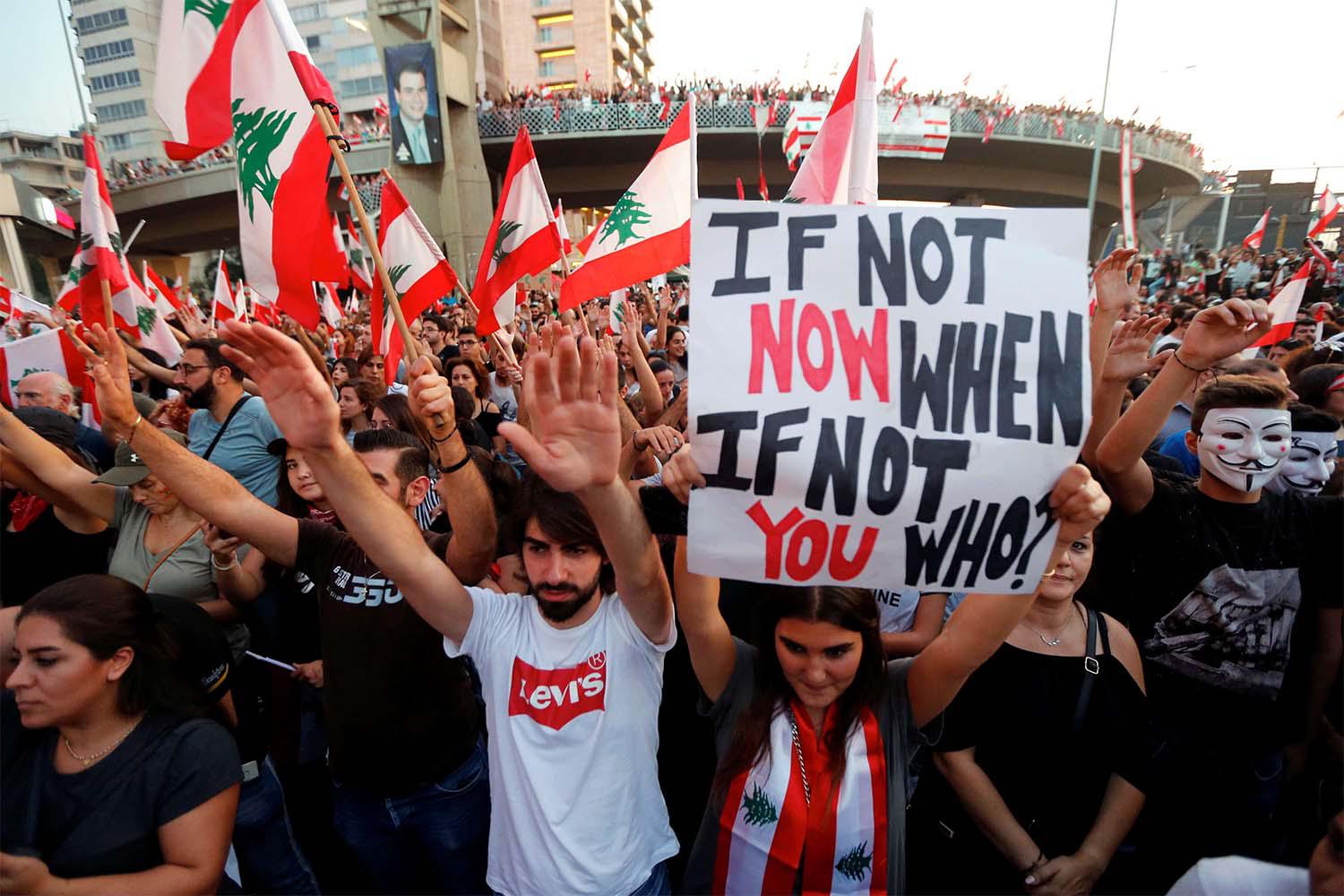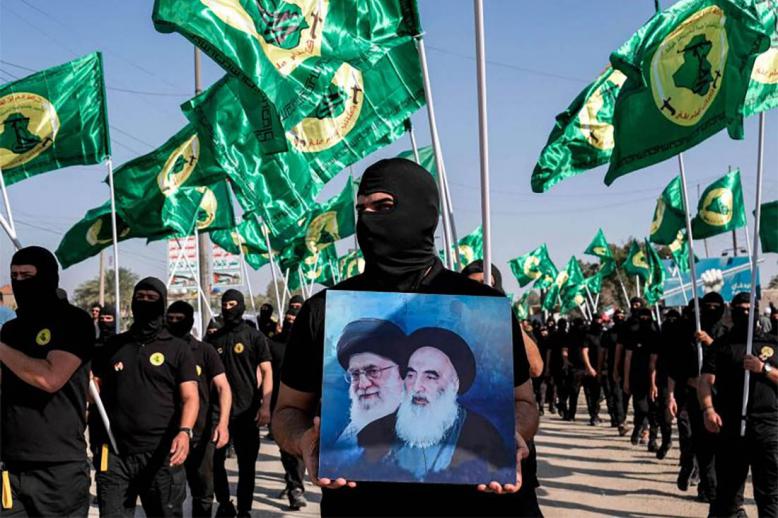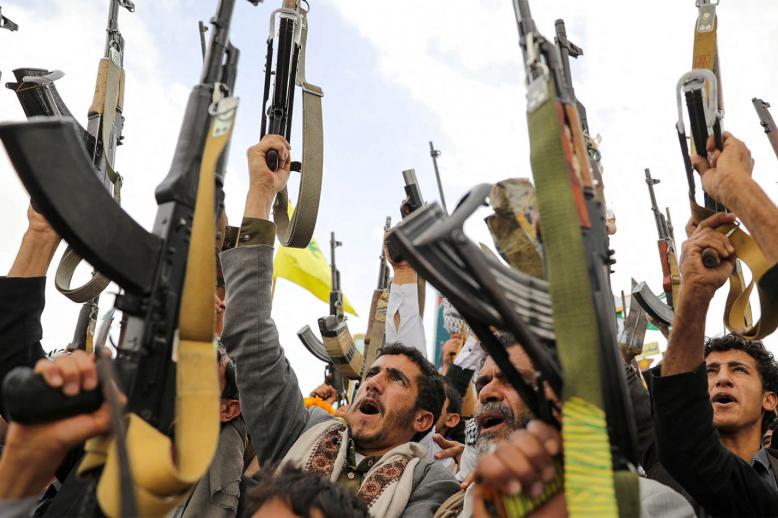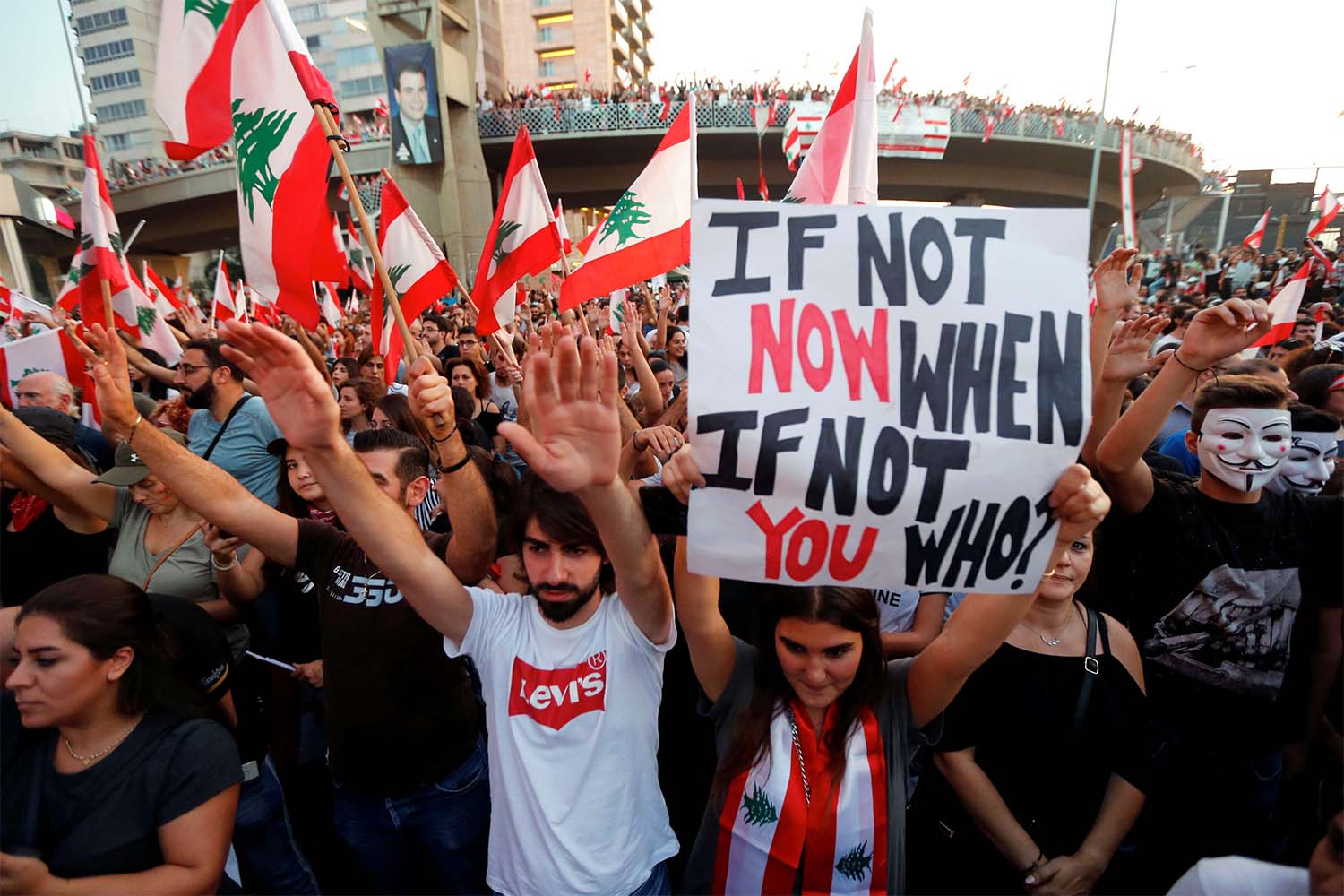Lebanon doesn’t need Hariri’s ‘reforms’; it needs to change the way it governs
A monthly $6 tax on WhatsApp calls turned out to be the spark that lit protests against the ruling Lebanese establishment. Since mid-October, thousands have taken to the streets throughout the country, with Tripoli in the north leading the demonstrations. Men and women have been dancing in the streets to tunes curated by DJs – in a city once touted as the center of radical Islamists. And while the prime minister, Saad Hariri, on Monday announced a “reform” package aimed at encouraging people to return home, the protests continue.
The Lebanese demonstrations caught the state off guard. The government had spent the past six months debating an austerity budget that would have seen an increase in taxes, a cut in government salaries and the shrinking of welfare programs. With a stagnant economy, mainly thanks to the Islamist “movement” Hezbollah’s endless military adventures, the country’s central bank is fast running out of foreign reserves. The Lebanese lira has been on a painful journey of devaluation, and a double-rate exchange system – one official, the other on the black market – has emerged, a harbinger of banana-republic status.
The protests have exhibited unprecedented dynamics. In a country divided along sectarian lines, where each sectarian patriarch commands the loyalty of his group, massive protests used to happen only when they gave the nod. This time, every sectarian leader is represented in the “national unity” government, and none ordered his supporters to participate in the demonstrations. This makes the protests cross-sectarian and leaderless.
Pan-sectarianism has given the protests credibility and the higher moral ground, so much so that even Hezbollah, which initially deployed thugs to beat up demonstrators in Beirut, ended up disavowing its own goons, who were chased down by the army.
Nevertheless, the leaderless nature of the uprising has proven to be a disadvantage. Except for expressing their frustration, demonstrators have been unable to articulate specific demands that might serve as a prudent end-goal. Of course, what Lebanon needs is so radical that it is hard for the “street” to imagine what this might be.
For fear of making demands that might sound political, or that might tip the political scale in favour of one or more oligarchs at the expense of others, protesters have restricted their demand to a call to fight state corruption. Yet, while important, this alone cannot fix Lebanon’s economy. Without a fundamental change in the domestic arrangement of the country, and which then would effect a change in the direction of its foreign policy, Lebanon cannot hope for any improvement. For indeed, the country’s financial problems are political, not simply a glitch in macroeconomics.
In 2018, the state’s expenditures stood at $16 billion and its revenues at $12.5 billion, resulting in a fiscal deficit of over 20 percent. Moreover, debt servicing consumes 35 percent of expenditure. All this means, firstly, that the state is a massive competitor with the private sector for funds, and, secondly, that a sizeable portion of the money it borrows goes toward paying debt it incurred in previous years. The government, in other words, lives on its “credit card.” Of course, a substantial amount of that money is in the form of aid – even now, Beirut is hoping to secure $11 billion in pledges, believed to be a combination of aid and loans, from Western donors. One way or another, little money ends up with start-up companies or young innovators.
When the prime minister offered “reforms” this week to cut state expenditures, he failed to address the underlying reasons for those expenditures or to place credible mechanism to ensure that spending demands won’t just creep back. So long as the political system is predicated on politicians and their cronies feeding at the state trough, nothing changes. Indeed, although Hariri made sops to protesters about fresh elections, that, even if it were to happen, would simply mean more of the same. What Lebanon needs is a root-and-branch change to the way it forms its government. And that, sadly, would be too ambitious a hope at this time.
Yet without that, and so long as Hezbollah has a say in how the state is run or, in fact, runs its own private foreign policy, Lebanon will remain in a perennial state of war. And economic growth – most importantly, the influx of foreign currency – will remain anemic because America will continue to breath down the neck of the country to make sure Iran, Syria and Hezbollah do not exploit the financial system to fund illicit activities. As long as Lebanon’s financial sector is under American scrutiny, as long as the country lives in perpetual war with its neighbours and as long as Hezbollah continues to provoke Israel for no good reason, no investors will come and the lira will continue to test nadir, impoverishing the population.
Lebanon’s protesters are not economists, and without a leadership that understands what it will take to stop economic collapse, little will change. The people of Iran, Iraq and to an extent Syria seem to have come to terms with the idea that – according to their leaders anyway – “national dignity” is not tied to prosperity, but rather to combative speeches and the possession of long-range missiles. For the first time, Lebanon is finding its foreign policy choices – whether voluntary or forced on it by Hezbollah – to be very costly indeed. To change that, it needs to reimagine and actually alter the way it constitutes its government, wresting control away from oligarchs and ending the opportunity for Hezbollah to act with impunity.
“Divine victories” have only brought Lebanon destruction and poverty; “national dignity,” as envisaged by Hezbollah and the Lebanese state, amounts to frustration and despair. Now, Hariri is attempting to offer Lebanese “reforms.” But we’ve been here before, surely? Nothing changed. And nothing will change. Not now, not yet.
Hussain Abdul-Hussain is the Washington bureau chief of Kuwaiti daily Al-Rai and a former visiting fellow at Chatham House in London.
Copyright: Syndication Bureau






